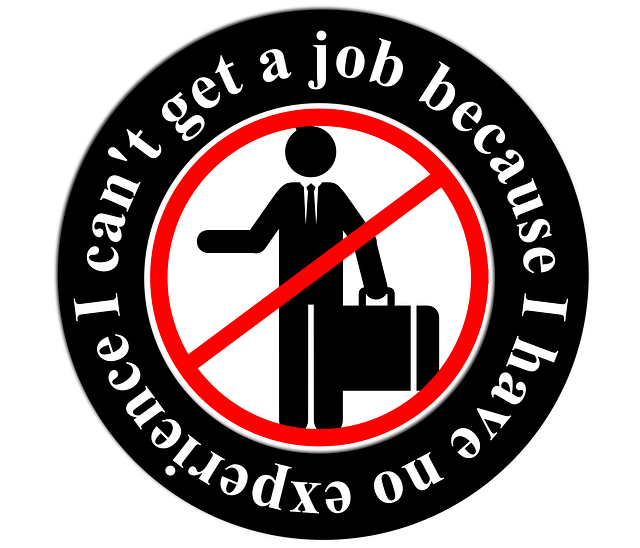Featured Articles
Read and Enjoy!
Join Translation Journal
Click on the Subscribe button below to receive regular updates.
Professional Translation: On the Tip of a Foreign Tongue
- Details
- Written by Alina Cincan

Being a professional translator or interpreter can be a tough but rewarding career. It can involve travel or it can be done in the comfort of your home. It can help you develop confidence; it can give you exposure to new cultures; and it can broaden your mind like nothing else can. But no matter what kind of bi- or multi-lingual work you are involved in, you can be sure that you are in a unique profession that bridges the gap between languages, cultures, peoples and ideologies. As such, the importance of this profession – in whatever form it assumes - cannot be underestimated.
Getting started as a translator or interpreter
In the world of translation and interpretation, several different stages are involved requiring varied skills: training, formal certification (depending on the country), experience, flexibility, speed, hard work etc. However, if you are keen on this as a career, there are certain steps you will be required to follow. Naturally, the exact process will depend on the area of specialisation you want to enter into, but this general approach should work with any type of translation or interpretation work.
Get the credentials
This is the first step on the path to a successful career in translation. What this means, however, depends on the part of the world you live or work in. While this profession is largely unregulated in the UK (in the sense that there is no legal requirement to be registered with a particular body), in other countries things are different; for example, in Romania, translators need to be accredited by the Ministry of Justice if they want to be able to translate legal documents, certificates etc.).
Translation – whether it is technical or not – demands adherence to certain rules and regulations. While not everyone gets into the profession via the academic route, being a member of a professional association (be it ATA, ITI, CIOL, IAPTI etc.) has its advantages. It shows potential clients you are committed to this profession and these bodies often organise Continuous Professional Development (CPD) courses and events that will give you a firm foundation upon which to build your career.
Get the experience

This is often the hardest part for those switching careers later on in life because it involves starting at the bottom. However, this is the only way to start properly. As you gain experience, you will also gain an understanding of the underlying cultural nuances that are part and parcel of any bi- or multi-lingual work. A good way to come by this experience would be via CPD, voluntary work, working in a team with a more experienced translator (mentoring). As I mentioned above, a good starting point is to join the local chapter of a recognised professional body. These communities can give you exactly what you need in the way of solid, real-life experience. Besides, this may also give you valuable contacts that may serve to further your career in ways you never thought possible.
Choose your specialty area
Within the domain of translation and interpretation, there are various areas of specialisation that you can choose from:
- Technical
- Film
- Literary
- Legal
- Medical
- Academic etc.
Each of these specialties has its own set of systems and norms that you will be required to follow. Choose one or more that you will be comfortable with for the remainder of your career, as this will decide how quickly you rise to the top of your game.
Which one to choose depends on various factors: your personal interests and/or hobbies, previous experience etc.
Get ‘networked’
Once you’ve settled on the area of expertise, it is now time to make headway with the people who matter in your chosen field. These are the movers and shakers of the industry, and can give you a leg up in your career if you keep in touch and make a conscious effort to make yourself known. Having a business card is extremely useful for this – it gives you a professional demeanour and is a way for them to get in touch with you if they need your services.
Practise, practise and then practise some more
This is possibly the most important tip to boost your career in this field. Keep abreast of the latest developments in your field, and keep practising like there’s no tomorrow. The more work you do in this area, the more proficient you will become – guaranteed. Nothing else will help you stay on top of the game better than practice.
So, if you want to be a professional translator or interpreter, these are the things you will have to do to set yourself up for success. The quicker you do these things, the faster your progress will be; and before you know it, you will be enjoying a career that most people can only dream about.
